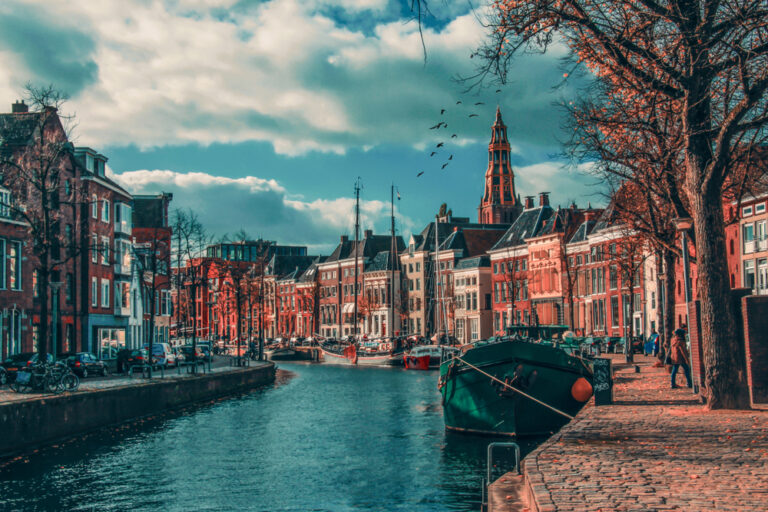Europe is awarding €70 million to a consortium of Dutch organizations to build an AI factory in Groningen. The total investment of €200 million is intended to make the Netherlands more technologically independent from American and Chinese platforms, while giving startups and SMEs access to enormous computing power.
The project will be rolled out in phases. The expertise center will start in 2026, followed by the fully operational supercomputer in 2027. The AI factory combines three functions: an expertise center, a data facility, and an AI supercomputer. This setup should provide easy access to groundbreaking AI initiatives.
Startups, SMEs, researchers, educational institutions, and governments will soon be able to collaborate on developing AI models and systems. The facility will focus on sectors such as healthcare, mobility, and security, both regionally and nationally, and across Europe.
The total funding comes from three sources. The Dutch government is contributing €70 million, as is Europe, which has now allocated €70 million. Groningen/North Drenthe is providing €60 million. This distribution reflects the shared responsibility between European, national, and regional parties. Without the European contribution, the project would probably not have gotten off the ground.
European strategy for AI independence
The AI factory in Groningen will be part of a larger European network of similar facilities. EuroHPC JU, a partnership that supports supercomputing and AI facilities, approved the Dutch application to Europe after an extensive evaluation. The consortium consists of the Dutch AI Factory Foundation, SURF, TNO, the Dutch AI Coalition, and Samenwerking Noord.
The facility is intended to address the growing reliance on foreign technology platforms. “This will enable us to develop AI applications based on our own public values and retain the expertise we have built up in the Netherlands,” says TNO.
Impact on innovation and employment
The AI factory aims to strengthen the innovative power of smaller companies in particular. Access to advanced computing power will enable them to compete with large technology companies. This is expected to stimulate job creation and accelerate automation.
At the same time, the facility will strengthen the Netherlands’ international position in terms of knowledge and innovation. The project will attract talent and reduce dependence on American and Chinese platforms. In this way, it will contribute to European digital sovereignty.
